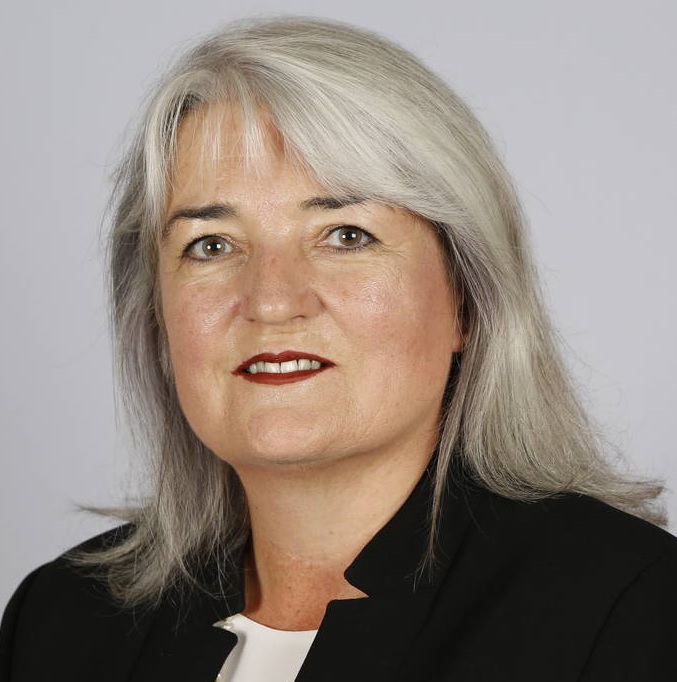The menopause will affect half of the medical workforce. So why is the subject still cloaked in silence, asks Helena McKeown
 As doctors we are used to speaking with patients about difficult medical conditions or symptoms. Though it’s not often easy, we do it each and every day. Yet it’s often a different matter when it comes to ourselves as doctors. So, I want to raise a topic that I have long felt was taboo within our profession: the menopause.
As doctors we are used to speaking with patients about difficult medical conditions or symptoms. Though it’s not often easy, we do it each and every day. Yet it’s often a different matter when it comes to ourselves as doctors. So, I want to raise a topic that I have long felt was taboo within our profession: the menopause.
A recent BMA survey shows that I am not alone in finding this a neglected subject. From around 2000 respondents, we heard reports of how a lack of support for doctors experiencing the menopause had resulted in some stepping down from senior roles. More than a third of respondents said they wanted to make changes to their working lives because of the menopause but couldn’t. Worryingly, almost half said they felt unable to talk to their managers about it. If doctors can’t even discuss this among ourselves, then what signal does this send to our patients with the menopause?
With 30 000 doctors in the UK at risk of menopausal symptoms in the 45-54 year age group right now, we’ve got to take this seriously. We already have a shortage of senior doctors and the rising number of women in the medical profession means this can’t wait.
The culture of the medical profession does not help. Senior doctors are inculcated with a “just get on with it” approach that militates against signs of “weakness.” I was a GP policy lead on education, training, and workforce and now I have this portfolio for all doctors at the BMA. What has always struck me is the economic impact of the loss of seasoned clinicians who cut their hours or leave the NHS at a time when they are at their most experienced. We should be treasuring rather than truncating the medical careers of mature doctors.
Medical education remains heavily subsidised by the taxpayer, including postgraduate study. So, not only can early retirement be a personal human tragedy, but an economic one for the nation. For the health service, it means that the additional burden of work on those colleagues who remain creates huge pressures, with all the corresponding patient safety issues.
And yet the solution is simple. It costs nothing to make sure that female doctors are able to talk to their managers and be listened to without feeling as if they’re past it or that it could be detrimental to their career progression.
Simple actions make all the difference—a supply of fans, open windows, better surgery and hospital design, lower temperatures on thermostats in clinic rooms, more breaks for water and the loo. Operating theatres and surgeries should be designed around women too.
Making workplaces more accommodating for women experiencing the menopause isn’t rocket science. We already know what steps and advice we would give to our patients with menopause as they go about their everyday lives, so why don’t we offer the same to doctors? It’s about taking the time to understand and to make it okay to talk about a phase of life that more than half of us will experience at some point. Raising awareness and offering support can only be a win-win situation for the profession, which is why it is so important to start talking about this.
The BMA is asking for discussions about menopausal symptoms to be normalised and for small changes to be made in medical workplaces. There should be a more proactive approach to support doctors with menopausal symptoms who would benefit from simple adjustments in the workplace, such as more breaks, water, and “cooling down” areas.
The pandemic has shown that the health service needs its doctors to be working at their best as never before. We need to ensure that we retain all our doctors as a vital part of our workforce. Simple steps to support those experiencing the menopause now, and those who will follow in the future, will ensure less lost working days, a better workplace for doctors, and, quite simply, make us a better profession.
Let’s break the taboo—what’s good for our patients should be good enough for us too.
Helena McKeown works as a GP in Dorset and is chair of the representative body of the BMA. Twitter @helenamckeown
Competing interests: Nothing further to declare.
